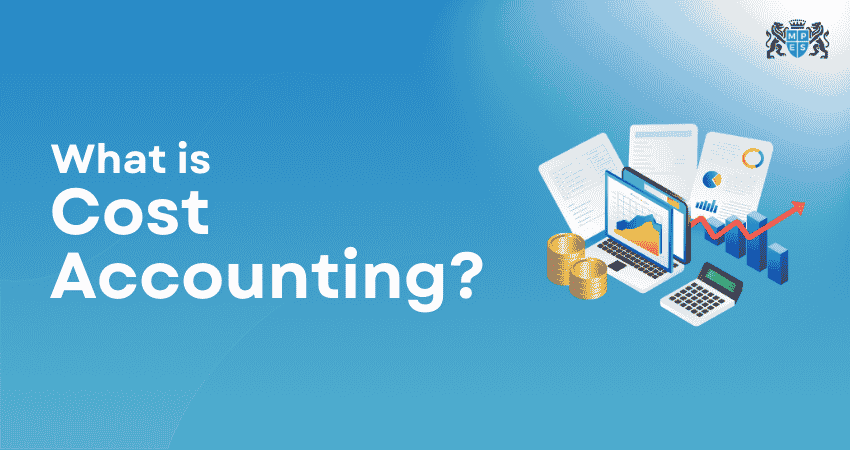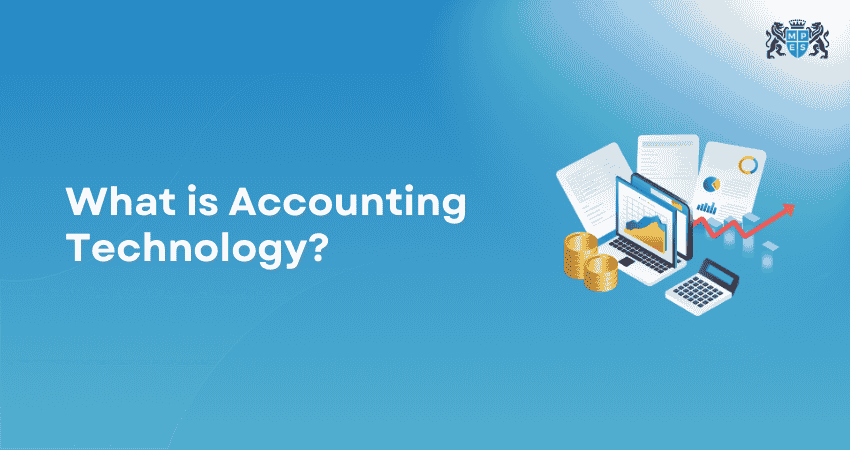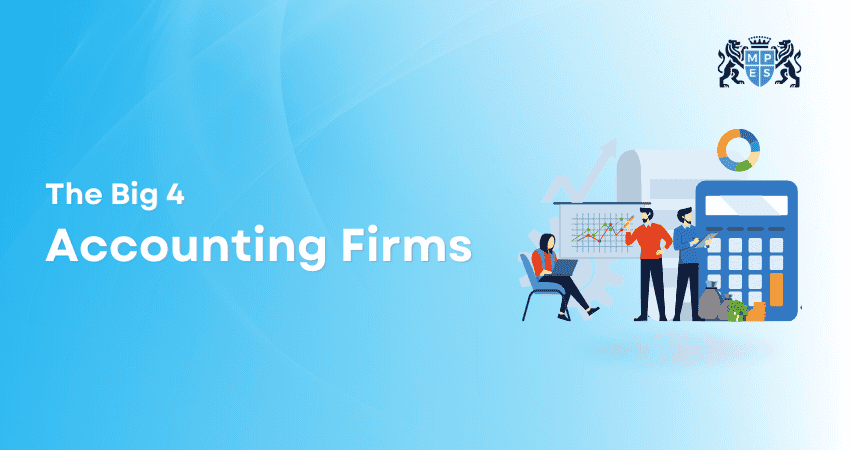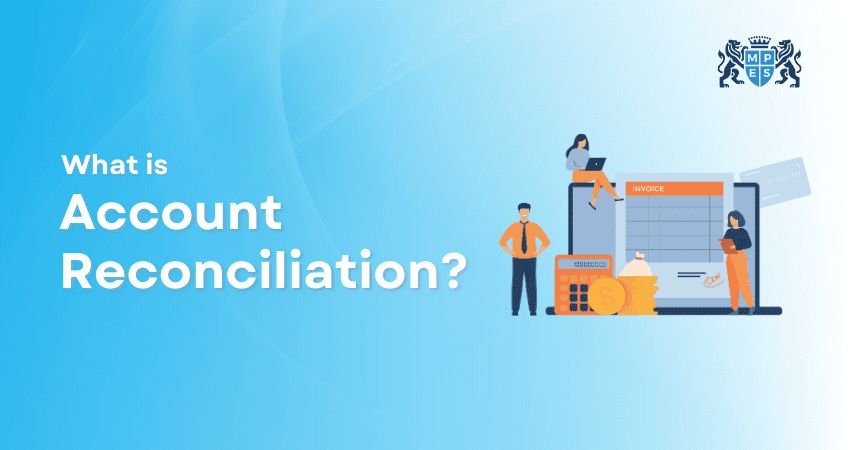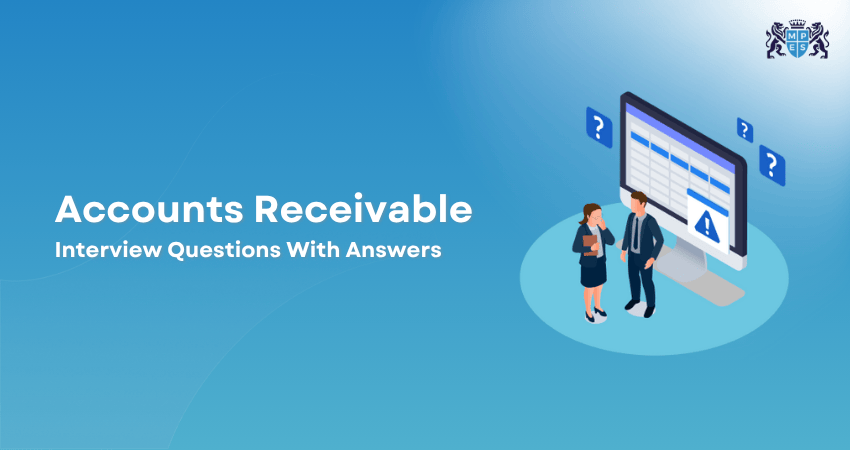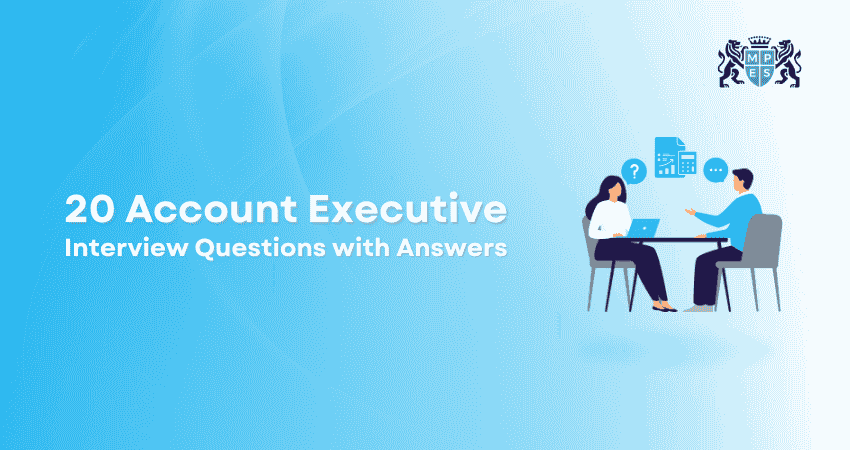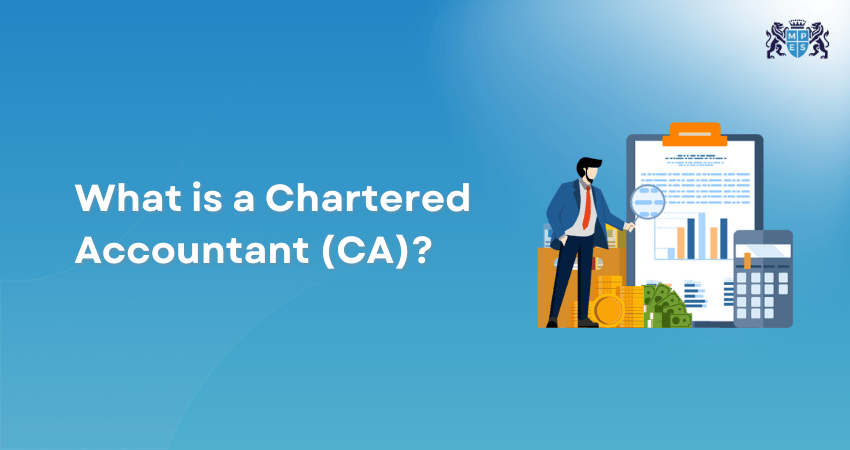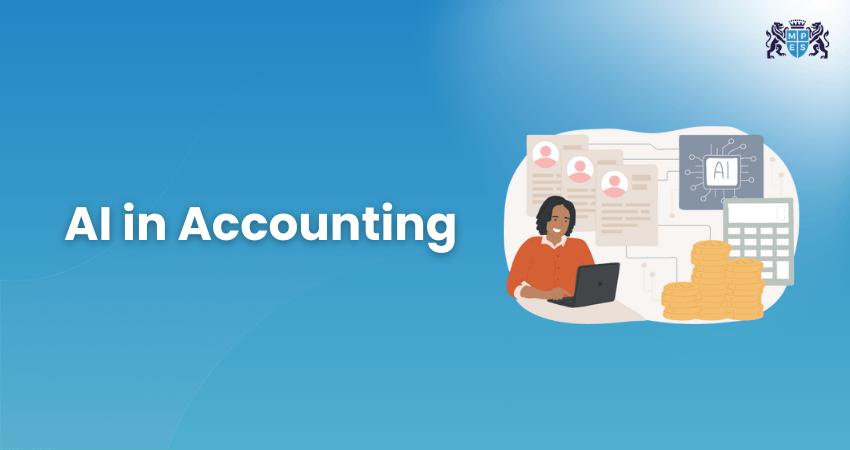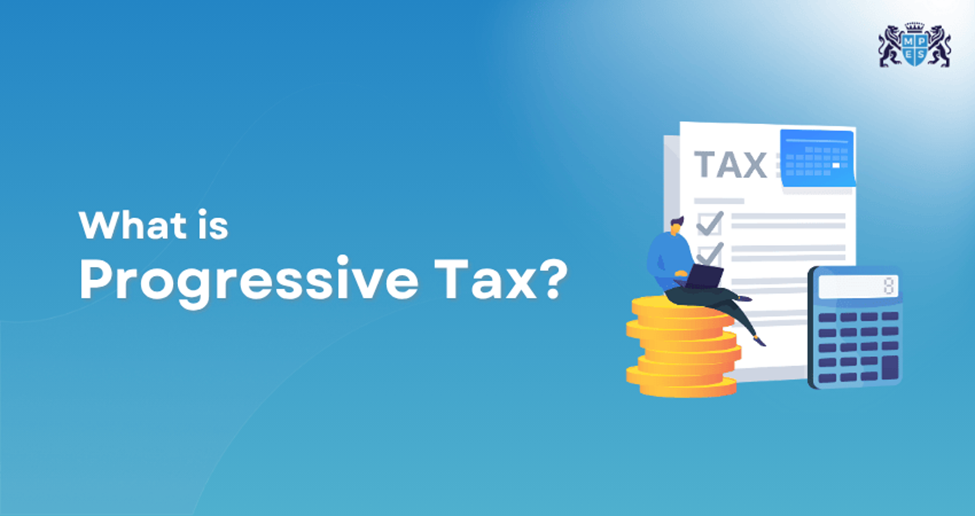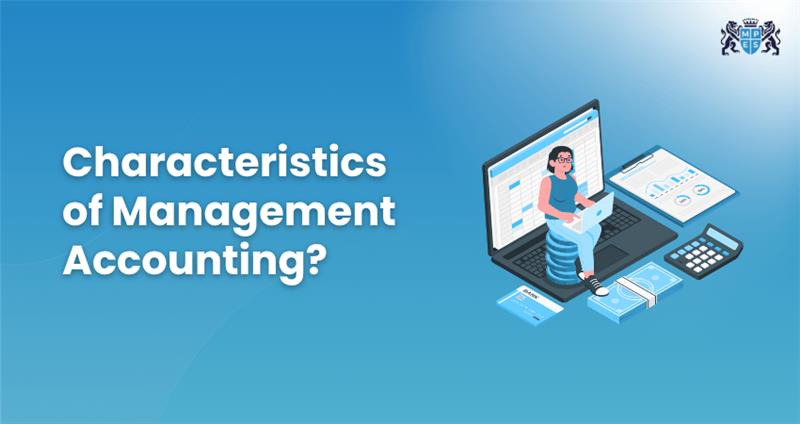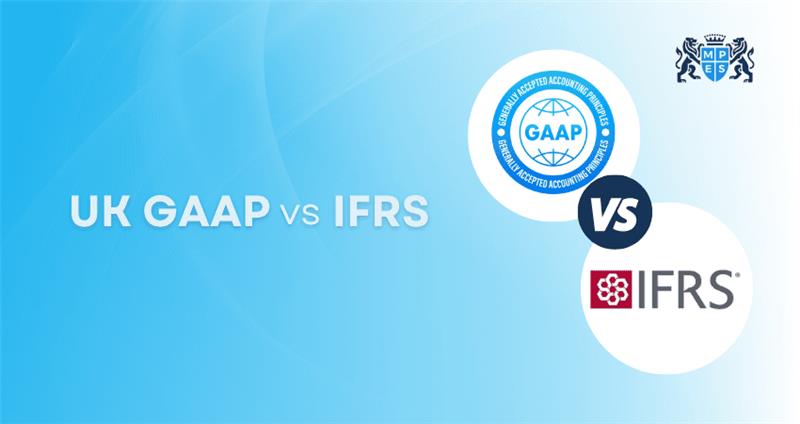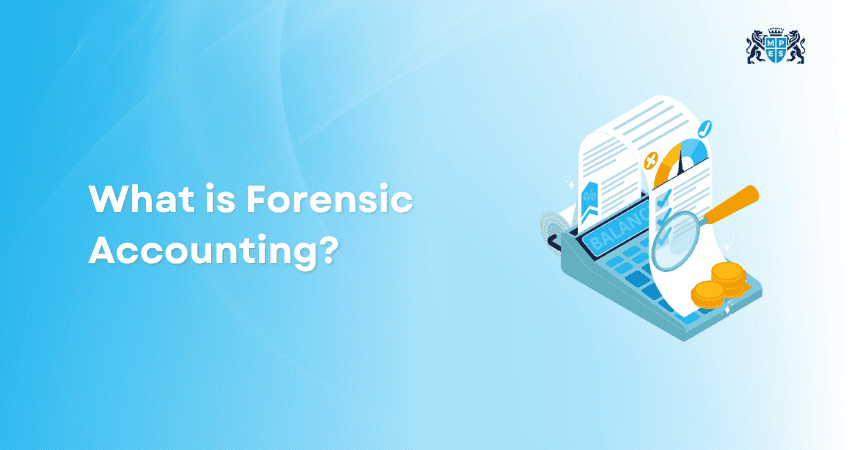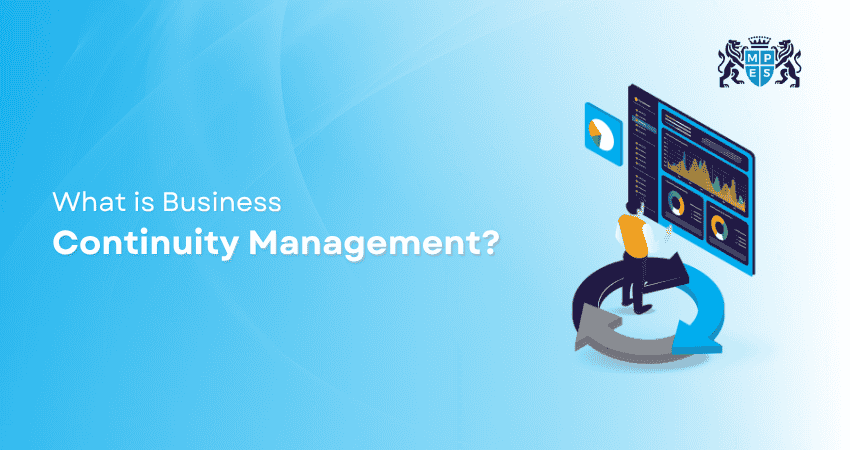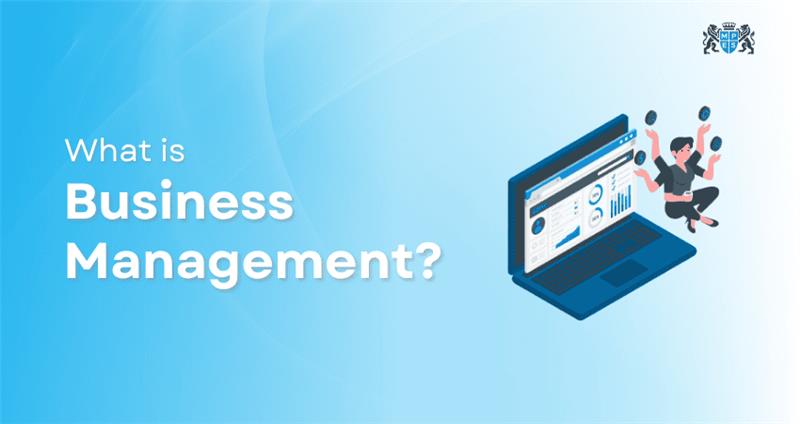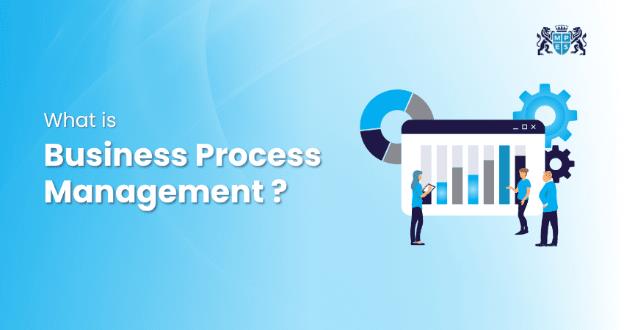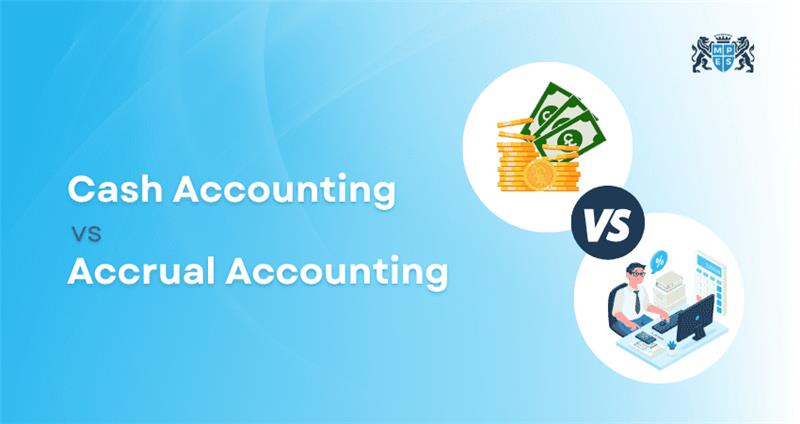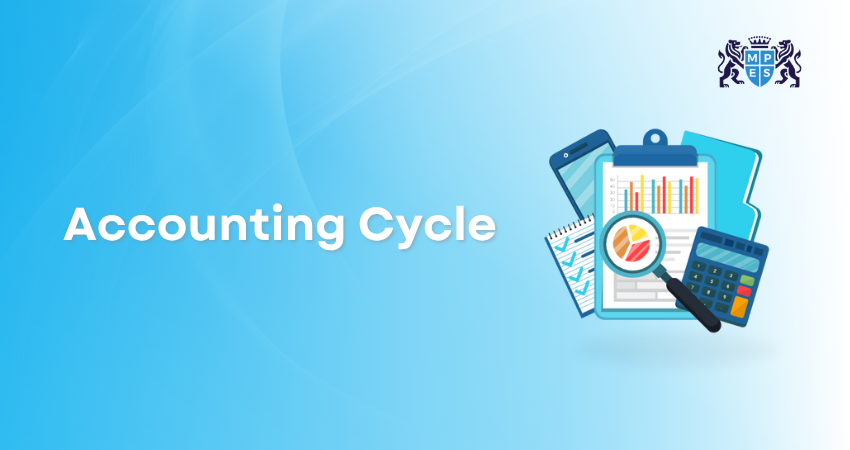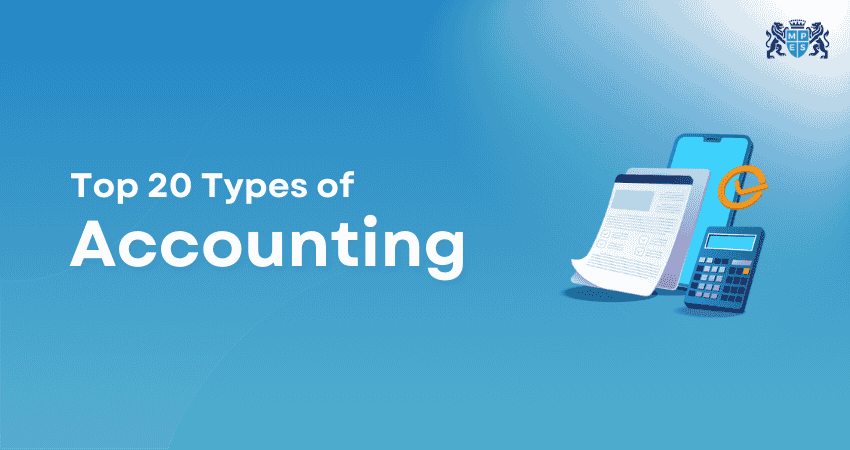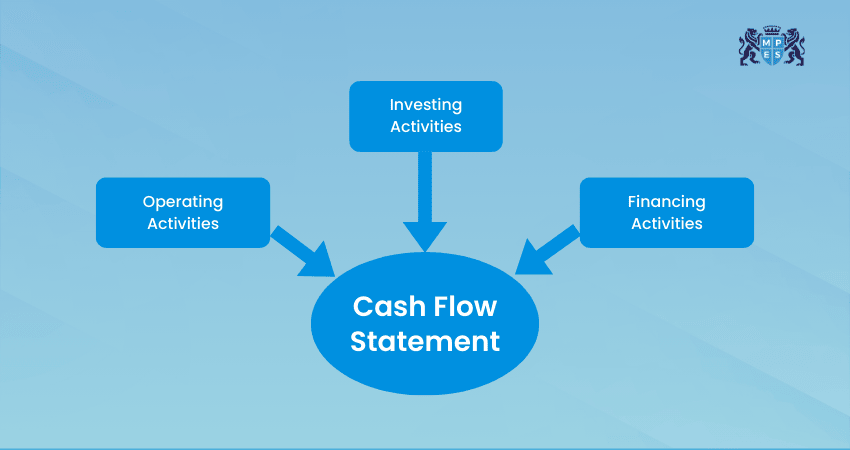Learning Options
- Online Video-Based Learning
- Flexible Schedule
- Expert Trainers with Industry Experience
- High Pass Rates
- 24/7 Personalised Support
- Interactive Learning Materials
- Live Online Classes
- Expert Trainers with Industry Experience
- Live Assessment and Feedback
- Interactive Learning Materials
- Networking Opportunities
- High Pass Rates
Overview
The Primavera P6 EPPM Advanced Training Course is designed for experienced project managers and schedulers who aim to master advanced features of Oracle Primavera P6 Enterprise Project Portfolio Management (EPPM). This course builds on foundational knowledge, providing learners with the expertise to manage complex projects, optimise resources, and analyse project risks effectively.
Efficient project portfolio management is critical for achieving organisational goals in competitive industries. This course explores advanced scheduling techniques, resource levelling, cost management, and earned value analysis, empowering learners to enhance project performance and meet strategic objectives.
This intensive 2-day training offered by MPES provides expert-led sessions, hands-on exercises, and real-world case studies. Learners will gain the skills to customise Primavera P6 for their organisational needs, perform in-depth project analysis, and drive successful project delivery. Upon completion, learners will have the expertise to lead complex projects and maximise the benefits of Primavera P6 EPPM.
Course Objectives
- Understand advanced scheduling techniques and resource optimisation in Primavera P6 EPPM
- Develop skills to perform earned value analysis and cost control
- Learn to identify and mitigate project risks using Primavera’s tools
- Gain expertise in tracking project performance and generating detailed reports
- Customise Primavera P6 EPPM to align with organisational goals
Upon completion, learners will have the knowledge and confidence to manage complex projects efficiently, ensuring alignment with organisational objectives and achieving project success.

Average completion time
2 Month
with unlimited support
100% online
Start anytime
Study At Your Own PaceCourse Includes
Course Details
Develop your understanding of essential financial, business and management accounting techniques with ACCA Applied Knowledge. You'll learn basic business and management principles and the skills required of an accountant working in business.
Entry Requirements
Educational Background: A foundational understanding of Primavera P6 EPPM is required. Completion of a basic Primavera P6 course or equivalent experience is recommended.
Professional Experience: At least 2 years of experience in project scheduling or management is beneficial.
Technical Proficiency: Familiarity with project management software and tools is essential.
Learning Outcomes
Master Advanced Scheduling: Develop skills in managing complex schedules and resource optimisation.
Perform In-Depth Analysis: Gain expertise in earned value analysis, cost management, and performance tracking.
Customise Primavera P6 EPPM: Learn to tailor the software to meet specific organisational requirements.
Identify and Mitigate Risks: Use Primavera tools for effective risk identification and mitigation.
Target Audience
- Project Managers
- Schedulers
- Program Managers
- Portfolio Managers
- Project Control Professionals
- Risk Analysts
- Construction Managers
The Primavera P6 EPPM Advanced Training Course is tailored for experienced project professionals aiming to enhance their expertise in advanced project management techniques. It focuses on resource optimisation, risk analysis, and performance tracking to drive successful project outcomes. Below are the individuals who will benefit from this course:
Course content
Principles of EPPM
Roles and Responsibilities
Goals and Objectives
Implementation
Needs Assessment
Communication
Enterprise Project Structures (EPS)
Working with the EPS
Creating Projects
Calendars
Adding Activities
Activity Types
Activity Durations
Working with Activities
Gantt Chart
Activity Codes
Work Breakdown Structures (WBS)
WBS Example
Creating Relationships
Relationship Types
Adding Predecessor Relationships
Adding Successor Relationships
Viewing Activity Relationships
Constraints
Types of Constraints
Introduction
Baselining the Project Plan
Creating Baselines
Assigning Baselines
Copying Baselines
Updating Baselines
Roles and Role Teams
Creating Roles
Resources
Assigning Resources to a Role
Assigning Roles to a Resource
Assigning Resources and Roles to Activities
Removing Roles from Activities
Assigning a Role Team to a Role
Assigning Rates to Roles
High-Level Resource Planning
What is Bucket Planning?
Future Period Bucket Planning
Earned Value Analysis
Performing Earned Value Analysis
Calculating Earned Value using Resource Curves
Updating Progress
Performance Thresholds
Portfolios
Creating Portfolios
Portfolio Scenarios
Creating Portfolio Views
Scorecards
Bubble Charts and Pie Charts
Histograms
Portfolio Analysis
Defining and Prioritising Business Drivers
Portfolio Analysis – Cost and Resources
Resource Allocation
Optimising the Project Plan
Shortening a Project Schedule
Scheduled Dates
Analysing Cost
Capacity Planning
Scheduling and Resource Management
Understanding Critical Path Analysis
Critical Path and P6 EPPM
Calculating a Schedule
Automatic Scheduling
Scheduling a Project
Schedule Options Dialog Box – Advanced Tab
Scheduling and Resource Management
Resource Levelling Options and Priorities
Definitions of Levelling Priority
Levelling Resources on Various Activities
Module 1: Implementation of P6 EPPM
Module 2: Project Structures
Module 3: Relationships and Constraints
Module 4: Baselines
Module 5: Roles and Resources
Module 6: Viewing Portfolio Performance
Module 7: Viewing and Analysis Portfolios
Module 8: Managing Allocation
Module 9: Resource Levelling and Advanced Scheduling
MPES Support That Helps You Succeed
At MPES, we offer comprehensive support to help you succeed in your studies. With expert guidance and valuable resources, we help you stay on track throughout your course.
- MPES Learning offers dedicated support to help you succeed in Accounting and Finance courses.
- Get expert guidance from tutors available online to assist with your studies.
- Check your eligibility for exemptions with the relevant professional body before starting.
- Our supportive team is here to offer study advice and support throughout your course.
- Access a range of materials to help enhance your learning experience. These resources include practice exercises and additional reading to support your progress.
Career Growth Stories
Discover how MPES Learning transforms careers with real success stories.

Arvy Pasanting

As a qualified accountant, studying at MPES has been a very rewarding experience. Its team of passionate and dedicated mentors gave me the confidence and knowledge I needed to not just excel at my current role as an auditor, but also inspired me to expand my horizons.
Arvy Pasanting
David Ford

I was recommended MPES after searching for a way to pursue a career in the accounting profession, I have studied with them throughout my journey utilising both their “in class” and online learning opportunities that fit around the needs of my employer, I have found them to be consummate professionals delivering first class accounting courses with support always available.
David Ford
Aaron Allcote

As a finance officer, MPES has been a huge help in understanding the process of recording and processing transactions from all different perspectives. The courses are very easy to follow, and the training they provide can be applied to real-life scenarios. The courses have been a huge help for me, and I would highly recommend them.
Aaron Allcote
Bob Beaumont

I completed all of my ACA studies with MPES and I think you would struggle to find a better training provider anywhere in the British Isles. MPES' tutors are excellent both at delivering training and giving individualised feedback and coaching. the supporting materials and the out of class support are also great.
Bob Beaumont
George Evans

The Financial Risk Management Course at MPES was invaluable in deepening my understanding of risk assessment and mitigation strategies. The hands-on learning approach allowed me to apply new concepts directly to my work. I highly recommend it for professionals in finance.
George Evans
James Robinson

As a financial consultant, I am always seeking ways to enhance my expertise. The Investment Analysis Course at MPES exceeded my expectations, offering practical skills and knowledge that I can apply immediately in my consulting work. It's an outstanding choice for professionals in finance.
James Robinson
Laura Bennett

The Corporate Finance Course I attended at MPES was transformative. The depth of knowledge shared by the instructors and the relevance of the topics covered have directly impacted on our financial strategy. I strongly endorse this program for anyone in a leadership position in finance.
Laura Bennett
Emma Johnson

The Financial Modeling and Valuation Course at MPES was incredibly insightful. The practical applications and real-world examples helped solidify my understanding of complex concepts. I highly recommend this course to anyone looking to enhance their financial acumen.
Emma JohnsonHave Questions? We’ve Got You
If you have any questions, we’re here to help. Find the answers you need in the MPES detailed FAQ section.
Q. What is the focus of the Primavera P6 EPPM Advanced Training?
The course focuses on advanced project management techniques, including complex scheduling, resource optimisation, cost management, earned value analysis, and risk mitigation using Primavera P6 EPPM.
Q. Do I need prior experience with Primavera P6 to take this course?
Yes, a foundational understanding of Primavera P6 or equivalent project management experience is recommended to benefit fully from this advanced training.
Q. How is the course delivered?
The course includes expert-led sessions, practical exercises, and case studies, ensuring learners gain hands-on experience with Primavera P6 EPPM’s advanced functionalities.
Q. Who should attend this course?
This course is ideal for project managers, schedulers, program managers, and other professionals involved in managing complex projects using Primavera P6 EPPM.
Q. What can I achieve after completing this course?
You will gain advanced skills to optimise project resources, manage risks, and analyse project performance, enhancing your ability to lead complex projects and achieve organisational goals.
Related Courses
Explore additional courses designed to complement your learning journey and enhance your professional skills. Expand your knowledge with these expertly curated options tailored to your career goals.





Resources
Access a wide range of free resources to support your learning journey. From blogs to news and podcasts, these valuable guides are available at no cost to help you succeed.
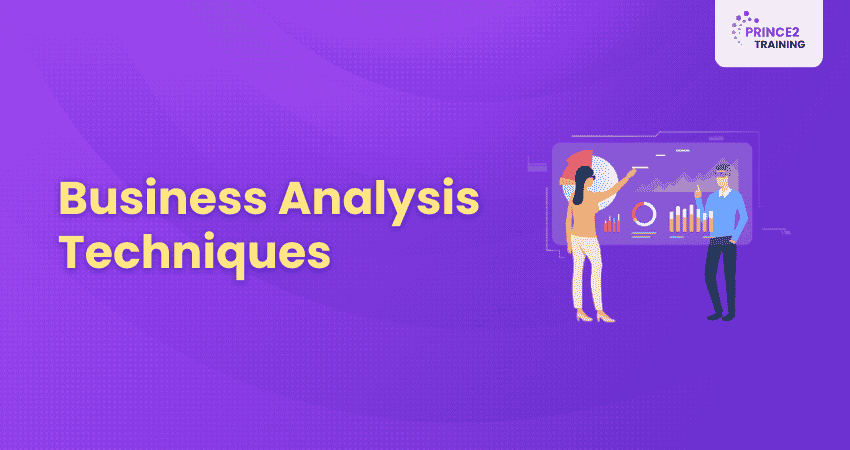
Top 15 Effective Business Analysis Techniques to Achieve Success
Veronica Davis14-Jan-2025
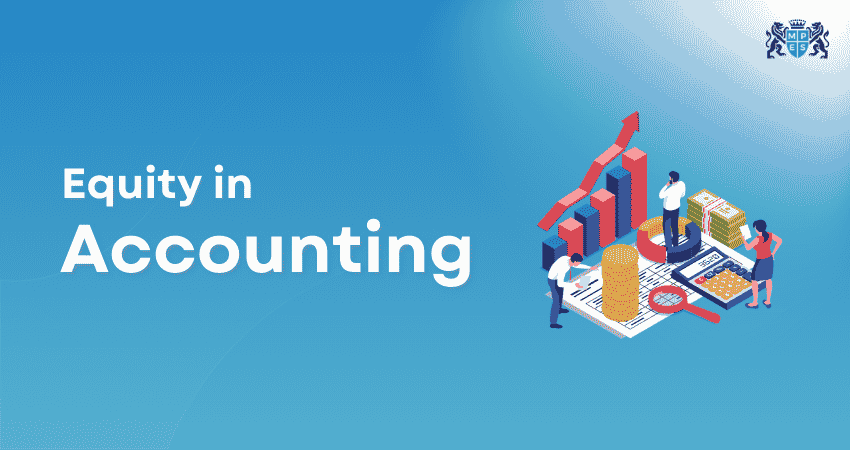
Equity in Accounting: Meaning, Components & How to Calculate it
Maria Thompson10-Jan-2026
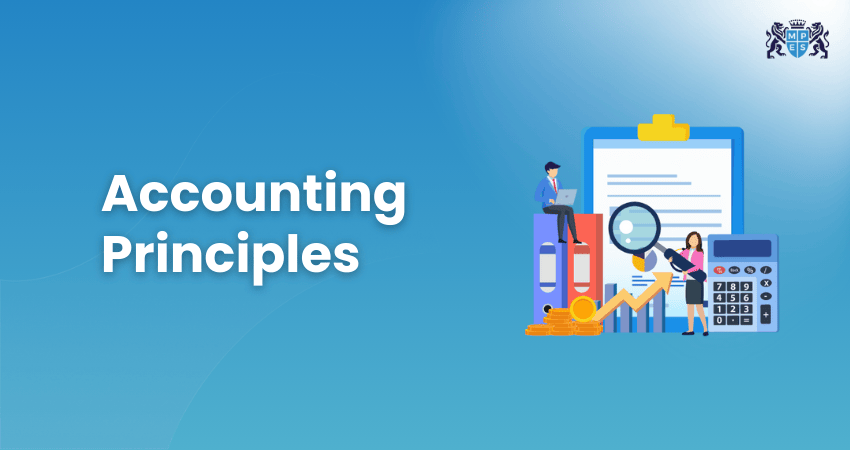
Accounting Principles: Definition, Types, Importance, and Benefits
Grace Mitchell22-Sep-2025
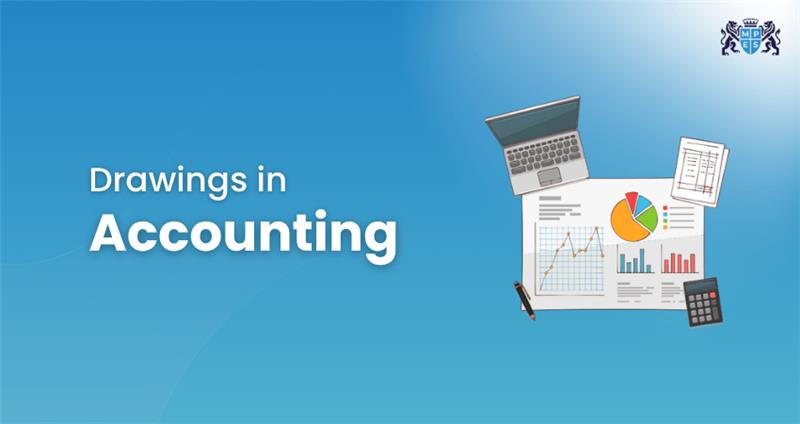
Drawings in Accounting: Definition, Characteristics, and Examples
Maria Thompson21-Jul-2025

The Best Accounting and Finance Books for Professionals and Students
Maria Thompson07-Jul-2025

Activity-Based Costing (ABC): Definition, Benefits & Limitations
Maria Thompson16-Jun-2025

Job Shadowing: How it Benefits Teams via Observational Learning
Maria Thompson13-Jun-2025

Deferred Revenue: Definition, Liability Risks & Examples Explained
Maria Thompson10-Jun-2025

18 High Income Skills to Master in 2026 for Great Profitability
Maria Thompson26-May-2025

AI in Workplace: Benefits & Examples Shaping the Future of Work
Maria Thompson20-May-2025

15 Reasons Why to Become an Accountant: Benefits & Career Growth
Maria Thompson14-May-2025

How to Motivate Yourself: 20 Powerful Tips for Self-improvement
Maria Thompson12-May-2025
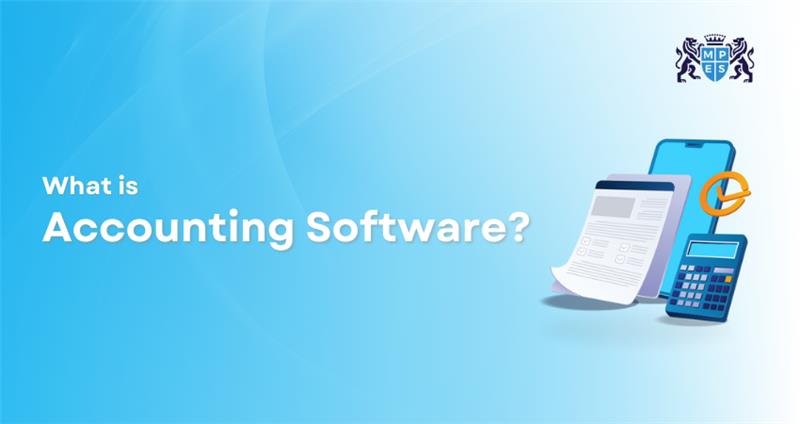
What Is Accounting Software? Features, Types & Benefits Explained
Maria Thompson07-May-2025

Cyber Security for Business: Meaning, Importance & Tips Explained
Maria Thompson02-May-2025

What is Bookkeeping, Its Importance and How to Become a Bookkeeper
Maria Thompson28-Apr-2025

Freelancing vs Full-Time Employment: Choosing the Right Career Path
Maria Thompson25-Apr-2025

What is Financial Reporting: Types, Importance and Uses Explained
Maria Thompson21-Apr-2025
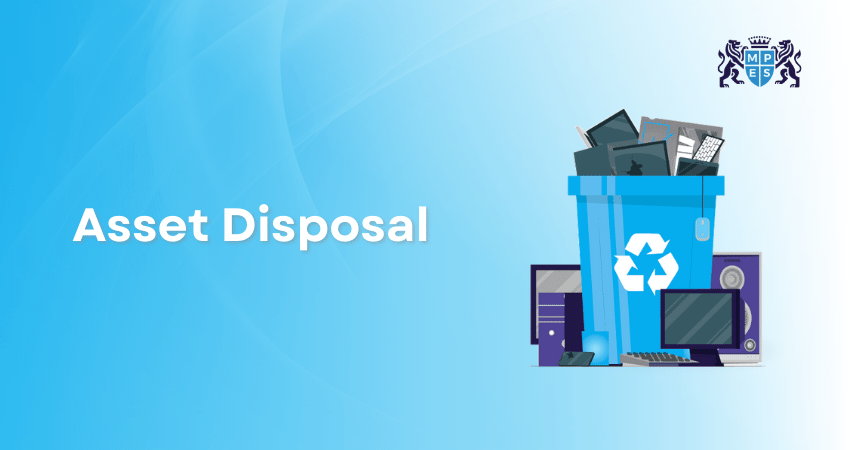
Asset Disposal: Definition, Types, Methods and Examples Explained
Maria Thompson16-Apr-2025

Allowable and Disallowable Expenses in the UK: Explained in Detail
Maria Thompson09-Apr-2025

What is Human Resource Management (HRM)? Principles and Functions
Maria Thompson08-Apr-2025

Navigating Career Transitions with the 10 Steps Framework Guide
Maria Thompson28-Mar-2025

Top 15 IT Soft Skills Every Tech Professional Should Have in 2025
Maria Thompson05-Mar-2025

Trade Payables: Definition, Benefits, Tips, and Examples for Business
Maria Thompson03-Mar-2025

What is Goodwill in Accounting? Importance, Types, and Examples
Maria Thompson11-Feb-2025

Audit vs. Assurance: Definitions, Key Differences & Similarities
Maria Thompson03-Feb-2025

What is DeepSeek R1 Model, and How it Ranks Against OpenAI's o1?
Maria Thompson31-Jan-2025

What Is Cash Basis Accounting? Definition, Example and New Updates
Maria Thompson29-Jan-2025

Corporate Tax Planning: Definition, Types, Strategies, and Benefits
Maria Thompson27-Jan-2025

The Power of Resilience: Strategies to Develop Your Inner Strength
Maria Thompson23-Jan-2025

Financial Accounting vs Management Accounting: What's the Difference?
Maria Thompson22-Jan-2025

Role of Mentorship in Career Development: A Catalyst for Success
Maria Thompson16-Jan-2025

What is a Stakeholder: Definition, Types and Examples Explained
Maria Thompson13-Jan-2025

15 Reasons You Should Invest in Professional Development: Explained
Maria Thompson03-Jan-2025

What is Corporate Governance: Principles, Models, and Best Practices
Maria Thompson23-Dec-2024

What Is Management Accounting? Types and Key Functions Explained
Maria Thompson18-Dec-2024

Accounting Secrets to Effective Budgeting: Proven Strategies for Creating Effective Budgets
Maria Thompson16-Dec-2024

Financial Accounting in a Remote Work Era: Adapting Key Practices
Maria Thompson12-Dec-2024

Future-ready Accountants: Top Certifications to Bridge Skills Gaps in 2025
Maria Thompson04-Dec-2024
 Have Any Question?
Have Any Question?
 +44 7452 122728
+44 7452 122728






 Back
Back



